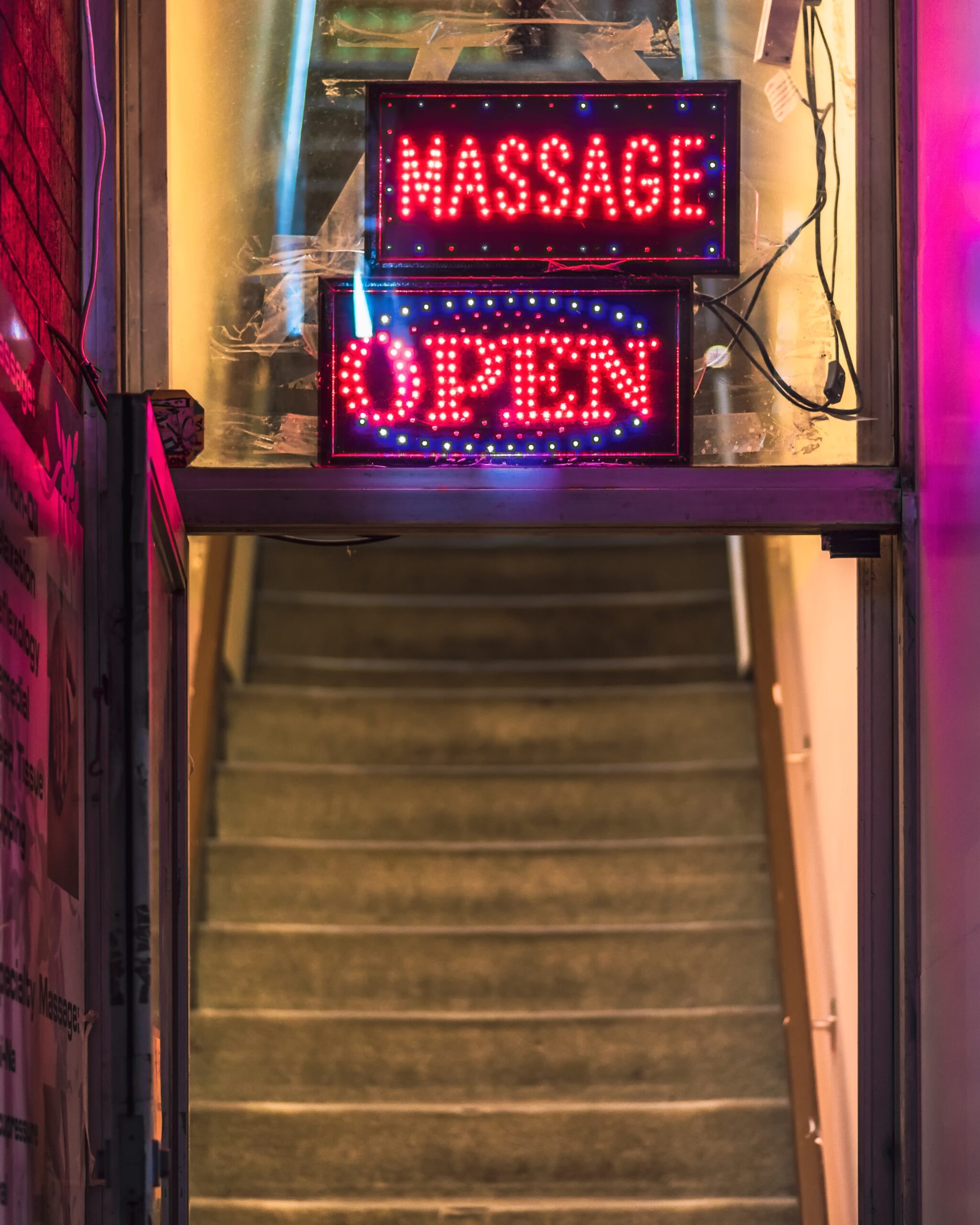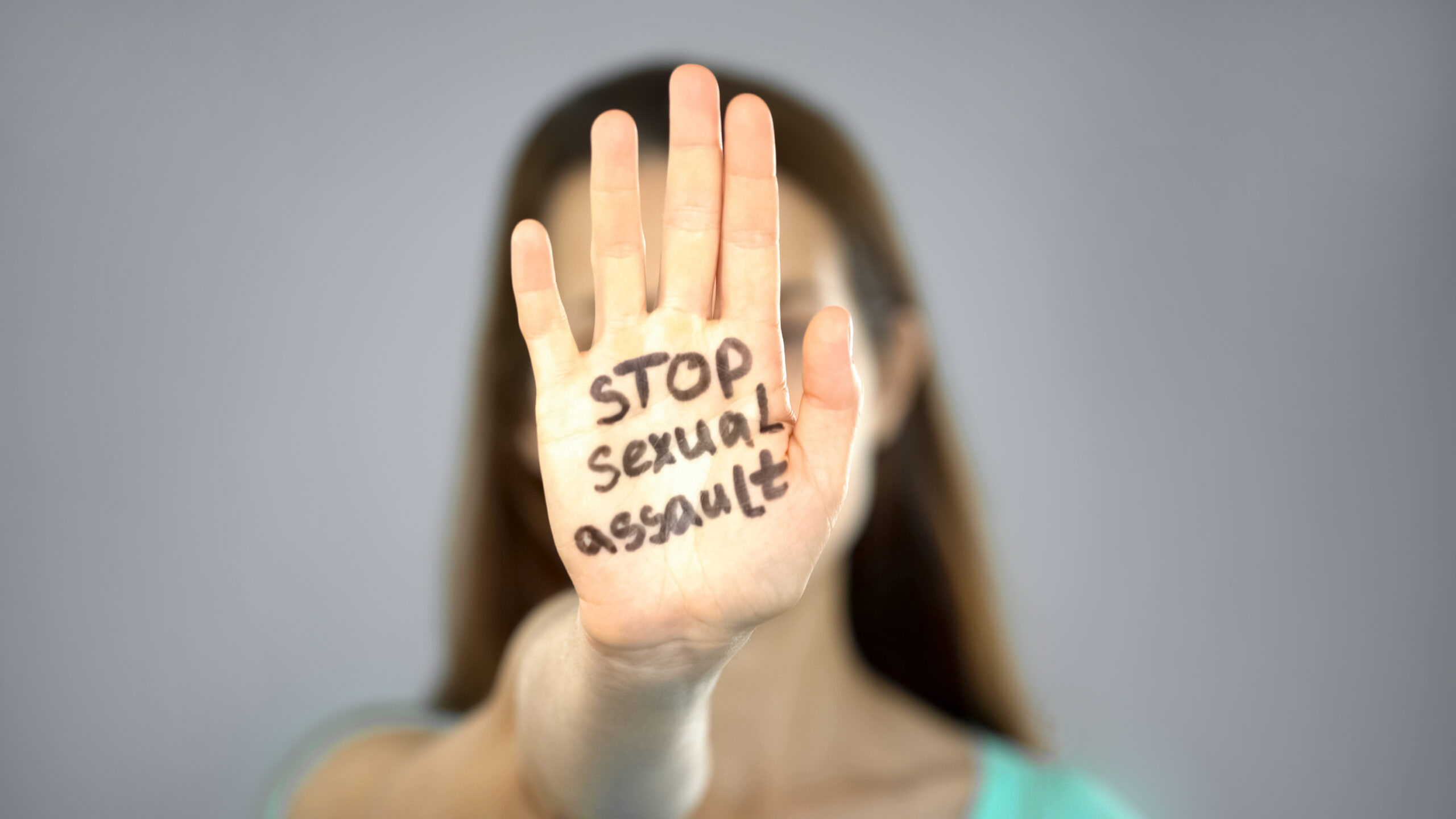 Governor Greg Abbott signs the most powerful bail reform package in Texas history
Governor Greg Abbott signs the most powerful bail reform package in Texas history
From the Desk of Rania Mankarious, CEO of Crime Stoppers of Houston June 4, 2025 Yesterday marked a historic and deeply meaningful moment in our pursuit of justice and public safety. With the signing of SB 9, SB 40, HB 75, and SJR 5, Texas has taken a bold and necessary step to repair a fractured bail system — a system that, for far too long, has allowed dangerous, repeat violent offenders to be released, often multiple times, resulting in tragic and irreversible consequences. While this has been a legislative process, it is not political. We were all thankful for the bipartisan support it received. Since 2018, we at Crime Stoppers of Houston have been relentless in our efforts to shine a light on the failures of this system. We’ve stood with grieving families. We’ve raised our voices in honor of lives lost. Led by Crime Stoppers of Houston Director of Victim Services and Advocacy Andy Kahan, we advocated for reforms that prioritize the safety of law-abiding citizens and victims over the release of those who continue to harm our communities. Additionally, our Glenda Gordy Research Center team tracked and provided crime data to support these critical efforts. With the […]








